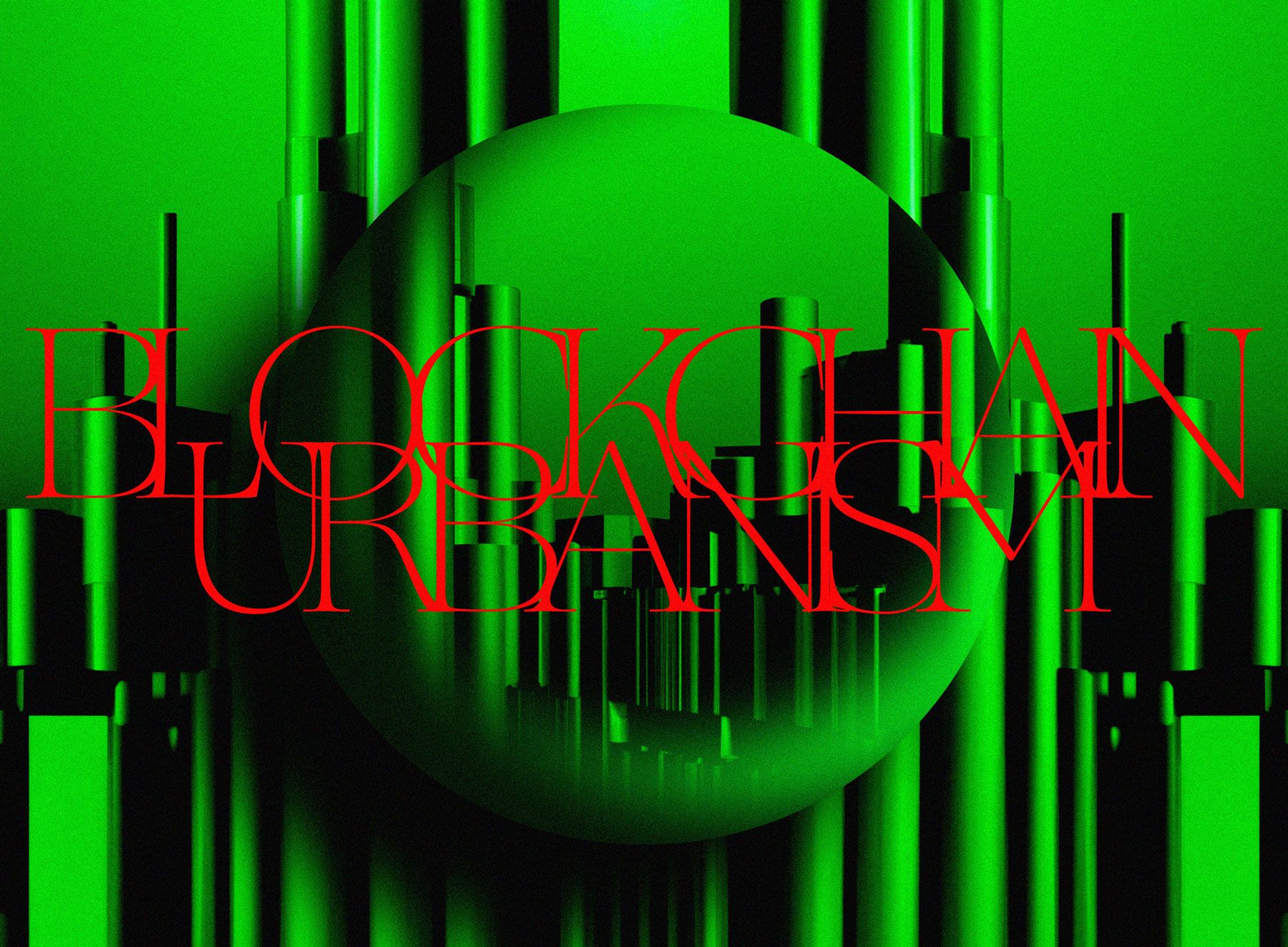Sublime
An inspiration engine for ideas
Work, After Work: Notes From an Unemployed New Grad Watching the Job Market Break |
urlahmed.comTo recognize infrastructure as a living system is to change the ontology of the public realm. It reframes infrastructure from capital asset to commons of continuity — the material and informational metabolism that sustains collective life.
For policy, this implies:
• Budgeting and regulation that value flows (resilience, adaptation, continuity) as
... See moreSubstack • Infrastructure After Permanence: From Monuments of Certainty….
These developers aren’t building communities; they’re directing air traffic.
Nadia Eghbal • Working in Public: The Making and Maintenance of Open Source Software
Shannon Mattern • Maintenance and Care
The explosion of paperwork, in turn, is a direct result of the introduction of corporate management techniques, which are always justified as ways of increasing efficiency, by introducing competition at every level. What these management techniques invariably end up meaning in practice is that everyone winds up spending most of their time trying to
... See moreDavid Graeber • The Utopia of Rules: On Technology, Stupidity, and the Secret Joys of Bureaucracy

Moral Ecosystems: My Big Idea
subpixel.space

In creating new technology to address known problems, we unavoidably create new problems, new unknowns. Progress changes the parameters of possibility.